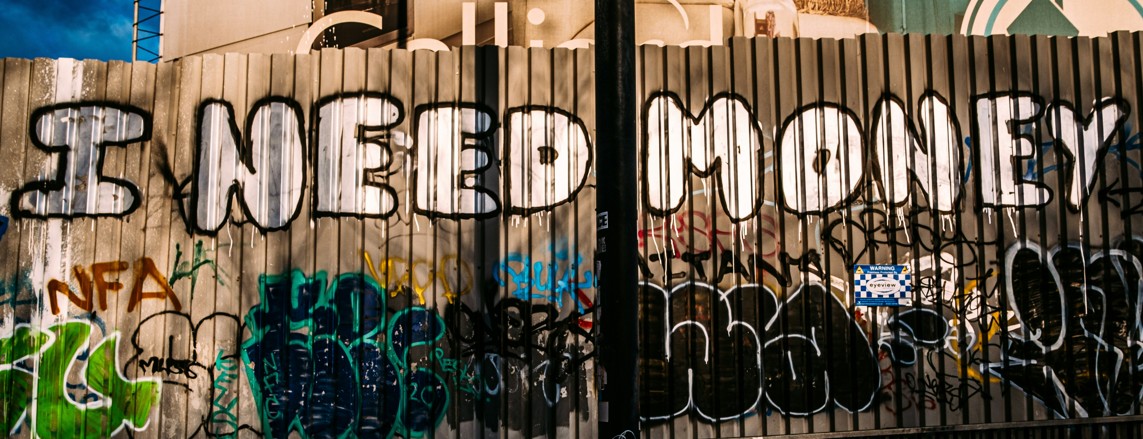U.S. Financial Markets Shrug Off Election Turmoil

Nov 05 | 2020

NYSE - Financial Markets Remain Strong
U.S. financial markets are in the process of making history!
Despite the fact that the election is still undecided and facing legal challenges by the Trump administration in several states, the stock market continues its post-election surge. According to industry analysts over at MarketWatch, today’s performance marks the strongest post-election day for the market in 100 years with the NASDAQ and S&P 500, both much newer indexes, also both breaking their own previous records.
DJIA
With futures up 650 points overnight, the Dow Jones Industrial Average (28,215), opened strong, has been rocking all day and is currently up 650 points (2.35%) with no signs of slowing before the closing bell.
The Dow is now 124 years old and the oldest index in the financial world.
The last time there was such a large single-day gain for the DJIA in the day after an election was when President (Rep) William McKinley defeated (Dem)William Jennings Bryan in the 1900 election. The DJIA (Dow Jones Industrial Average grew by more than 3% on that day.
S&P 500
S&P 500 futures saw gains of more than 100 points overnight and the index is now hovering at 3,469, just shy of all-time high territory. In fact, today’s 107 point gain represents its biggest post election day rally in history.
First introduced in the 1950’s, the S&P 500 debuted on March 4, 1957. It tracks more than 500 large companies (505 as of today) and is now considered one of the most popular and tracked indexes in the world.
NASDAQ
Not to be left behind, the NASDAQ composite is up 4% for the day, marking a solid 445 point gain and the single largest post election day gain for the index. Tracking almost every company listed on the Nasdaq, this index is also very popular among global investors.
What’s Next For The Markets?
The question on most people’s minds is whether or not this rally will continue or flounder once the results of the election are announced.
Waking up to almost as much uncertainty as when you went to bed, there are certain things that are much clearer. Wall Street is much happier with the prospect of Republicans maintaining control of the Senate.
Why would Wall Street be responding so favorably to the news that the Senate will most likely stay in control of the Republican party, even though they made it clear they were in favor of Joe Biden becoming the next president?
It’s pretty simple. It is extremely unlikely that, if elected, Biden would be able to follow through on his promise to raise corporate tax levels, as well as institute tax hikes on the super-wealthy in the U.S.
What Should You Do As An Investor?
The most important thing to remember is DO NOT PANIC.
If you are someone who puts their faith in evidence based decision making then the answer couldn’t be any clearer….have faith in your decisions, maintain a long term view and hold, hold hold.
Too many times you will hear stories of people who respond to world events by getting spooked and as a result decided to liquidate their positions. 99% of the time this is the wrong decision and could end up costing you your life savings.
As long as you have a diversified portfolio and do not rely too much one sector of the market you are in good shape. It is important to keep in mind that for most individual investors you are looking for a long term solution for where to keep your money, and historically the stock market has provided the best returns and most safety, if done right.
Now is not the time to make hasty decisions, the truth is most industry experts expect the turmoil to continue until the transition to the Biden White House is complete, but it will calm down and eventually it will get back to normal.
Say it with me. Do Not Panic.
History Of The Stock Market
With all the constant drama surrounding the stock market; recessions, boons, bubbles, bull markets, bear markets, it can be super daunting and hard to keep up with, but it is important to have the full picture so you can understand how the financial world fits into our history.
Have you ever wondered where the stock market came from?
Stock markets were started when countries in the New World began trading with each other. While many pioneer merchants wanted to start huge businesses, this required substantial amounts of capital that no single merchant could raise alone.
As a result, groups of investors pooled their savings and became business partners and co-owners with individual shares in their businesses to form joint-stock companies. Originated by the Dutch, joint-stock companies became a viable business model for many struggling businesses.
In 1602, the Dutch East India Co. issued the first paper shares. This exchangeable medium allowed shareholders to conveniently buy, sell and trade their stock with other shareholders and investors.
As the volume of shares increased, the need for an organized marketplace to exchange these shares became necessary. As a result, stock traders decided to meet at a London coffeehouse, which they used as a marketplace.
Eventually, they took over the coffeehouse and, in 1773, changed its name to the “stock exchange.” Thus, the first exchange, the London Stock Exchange, was founded. The idea made its way to the American colonies with an exchange started in Philadelphia in 1790.
To most people, the name Wall Street is synonymous with stock exchange. The market on Wall Street opened May 17, 1792 on the corner of Wall Street and Broadway.
Twenty-four supply brokers signed the Buttonwood Agreement outside 68 Wall St. in New York, underneath a buttonwood tree. On March 8, 1817 the group renamed itself the New York Stock and Exchange Board and moved off the street into 40 Wall St.










